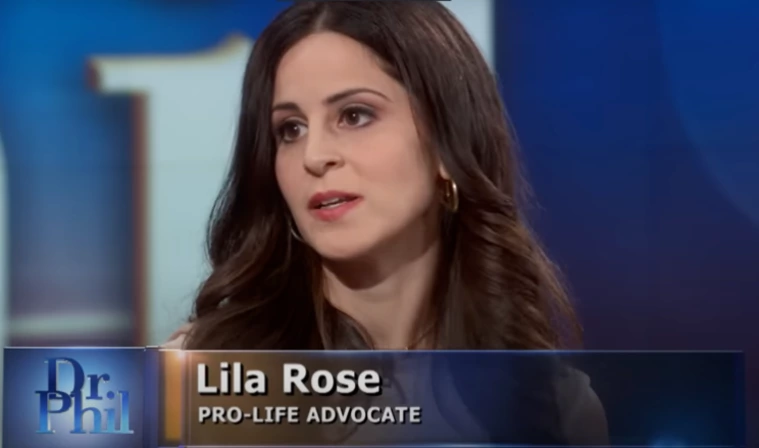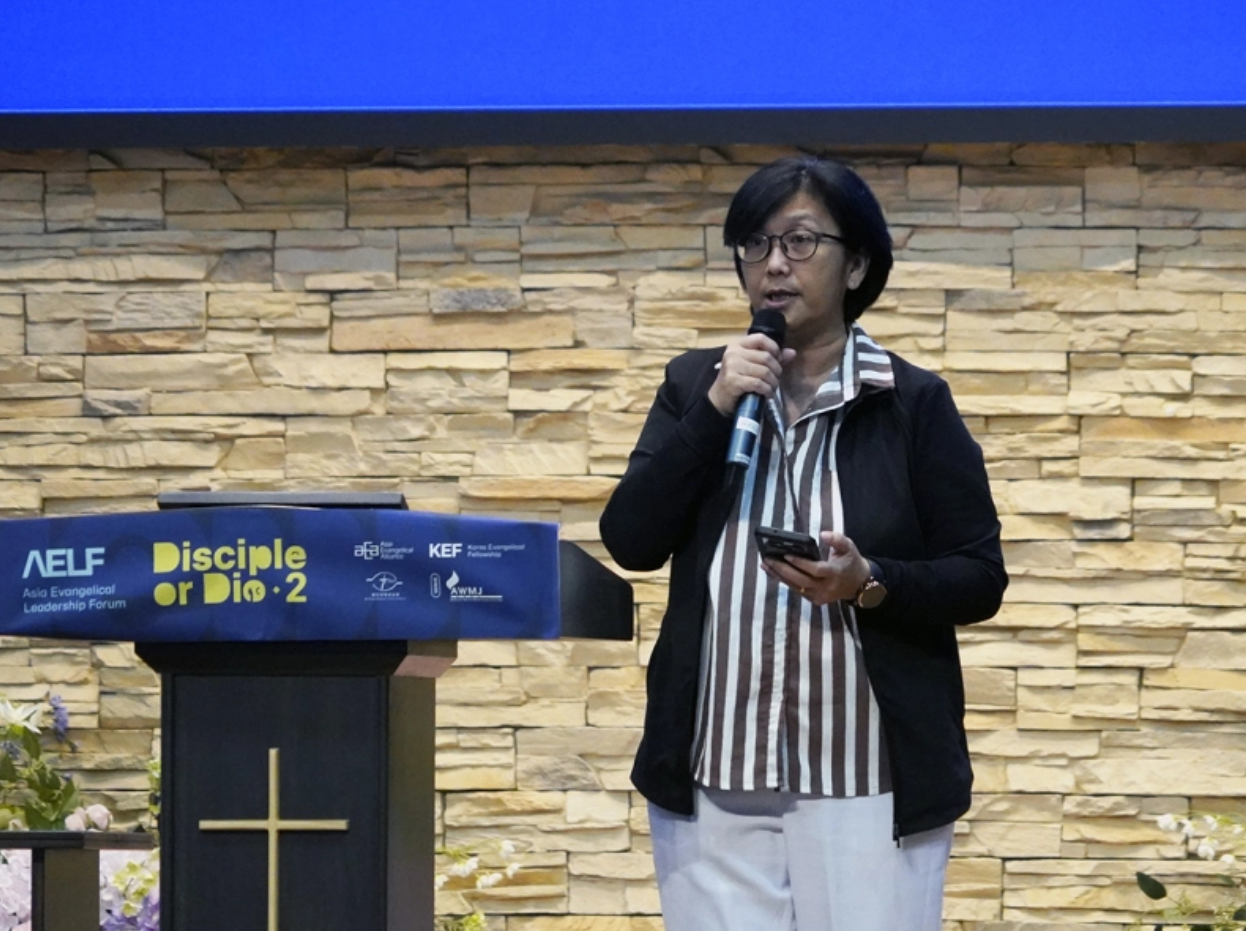Prominent pro-life activist Lila Rose appeared on the syndicated talk show “Dr. Phil” Tuesday to debate the show’s host, Dr. Phil McGraw, about when life begins. They also discussed the morality of abortion when a baby has been diagnosed in-utero with a life-threatening condition.
The episode’s focus on abortion came in response to the U.S. Supreme Court’s June decision in Dobbs v. Jackson Women’s Health Organization, which overturned Roe v. Wade, the 1973 case that legalized abortion nationwide. The ruling returned the issue to the states, once again giving them the authority to decide abortion laws.
McGraw, who holds a doctorate in clinical psychology but has not renewed his license to practice since 2006, claimed that there is no agreement in the scientific community regarding when life begins.
“There is, Dr. Phil — 96 percent of scientists say life begins at fertilization,” Rose, the 34-year-old founder and president of Live Action, said. “If you’re an in-vitro specialist, you’re looking to create a single-cell embryo, and then you know you have a new human life. So it is a scientific fact.”
McGraw responded by saying, “Actually, it’s not.” Rose shot back, “When do you think it begins then?”
“It doesn’t matter what I think,” he said. “What I’m saying is the scientific community does not have a consensus about when life begins.”
Rose responded, “That is simply inaccurate.”
McGraw argued that the “body of scientific literature” indicates varying degrees of development marking when life begins. He stated that some neuroscientists believe it starts once brain waves become detectable.
“But Dr. Phil, in an abortion, if it’s not a human life, why do you have to kill it?” Rose asked in response.
McGraw accused Rose of trying to talk over him in an attempt to prevent him from finishing his answer. He then challenged viewers to go through the “scientific literature” to find the different positions on when life begins.
The episode featured the story of Nancy Davis, a Louisiana woman whose child was diagnosed with acrania. She was denied an abortion by a hospital that feared doing so would violate Louisiana’s near-total abortion ban, even though the law’s author claims that the hospital could have legally performed the procedure.
Davis later traveled to New York at 16 weeks pregnant to undergo the abortion.
According to FetalMedicine.org, acrania is a condition where the unborn’s skull is absent, distorting the brain. The prognosis is typically fatal, with many infants who have it dying shortly after birth.
Appearing alongside Rose, the pro-choice lobbying organization National Organization for Women (NOW) president Christian Nunes stated that she believes a Louisiana doctor who committed an abortion in such circumstances should be protected from prosecution. She argued that a provider’s role is to provide the “best care” for their patients.
Rose sympathized with Davis, sharing her experience as a mother who lost a child to a miscarriage. Rose said that one of the worst things for a mom to hear is that her baby will die.
“Those were some of the darkest days of my life, and they were dark days because it was our child,” she said.
“We knew this was a baby, and I think that’s the fundamental point here is that we’re talking about a baby. We’re talking about a human life. And the pro-life position is that all humans have human rights, and the first right is life — to not be killed.”
The Live Action leader contends that the doctors should have offered Davis perinatal hospice or palliative care so that her baby could die naturally “instead of at the abortionist’s tools.”
A woman in the audience challenged Rose, accusing her of wanting to “legislate evil.” The audience member brought up abortion in the case of rape, arguing that laws forcing women to carry a pregnancy conceived in rape to term induce trauma.
Rose acknowledged the trauma rape can cause but stated that the child in such a scenario is an “innocent party” and that “generational sin” should not be taken out on the child. She maintained that the right to life is the “first fundamental human right.”
“Laws are meant to protect the weak. Who is the weakest in our society? A child. Whether you live 10 minutes, 10 years, or 100 years, you’re a human and have the right to not be killed,” Rose said.
Rose posted the exchange on Twitter, clarifying what McGraw meant when he cited a lack of consensus about when life begins.
She seemingly joked that the host might not have been denying the unborn are biologically human but was possibly arguing that they are “assigned” personhood after birth.
“But he’s wrong there, too. Any time in human history, when we deny personhood, or human rights to humans because of ANY factor – race, age, sex, religion – we open the door to history’s worst human rights abuse,” she wrote.
“The Holocaust. The Rwandan Genocide. Slavery… A human embryo is small & dependent, but so is a human newborn or toddler. Your size, development or level of dependency doesn’t dictate your humanity or worth.”
In an interview with The Christian Post last month, Rose called on state and federal lawmakers to create policies that will make America “a friendlier place for families.”
Listing legislative proposals designed to achieve that goal, which her organization supports, Rose said these plans include a tax credit for children that makes it “easier to raise a child,” “financial support for pregnancy resource centers and non-abortion health centers” and “adoption tax credits.”
By Samantha Kamman, Christian Post Reporter
Originally published on The Christian Post
(c) The Christian Post, used with permission




